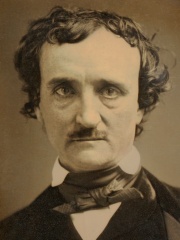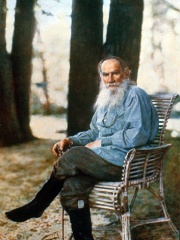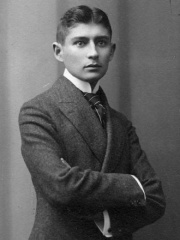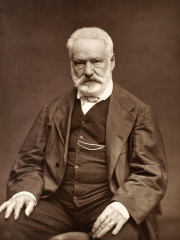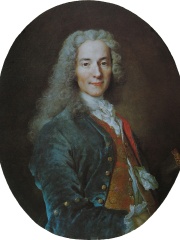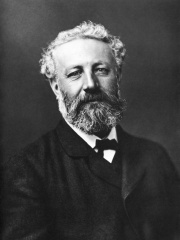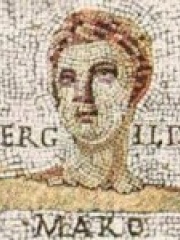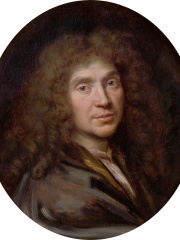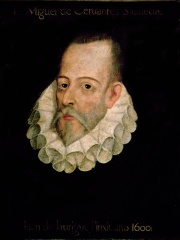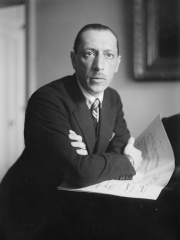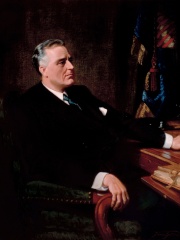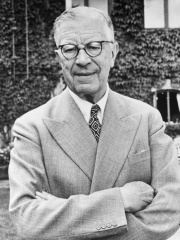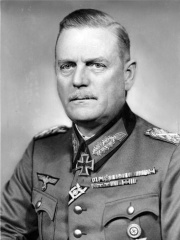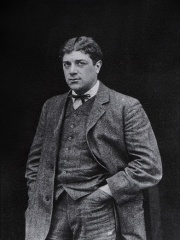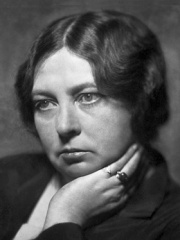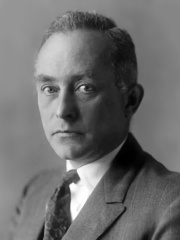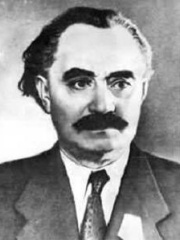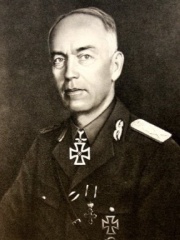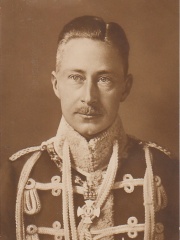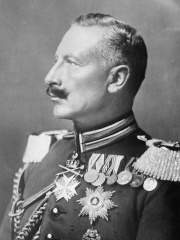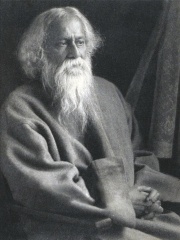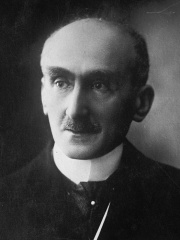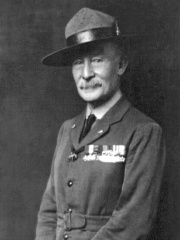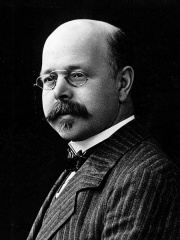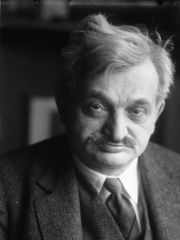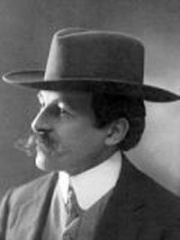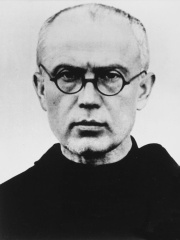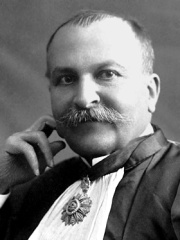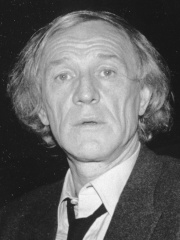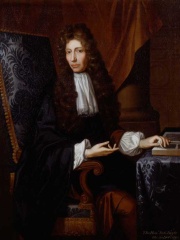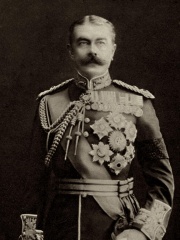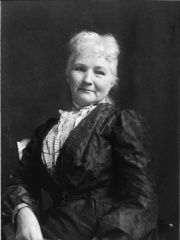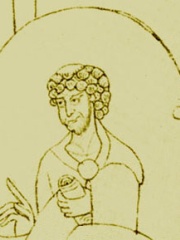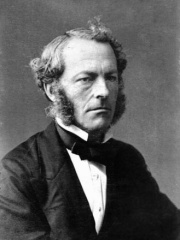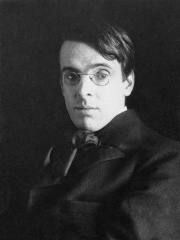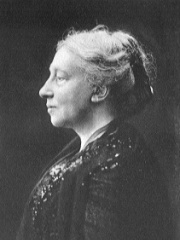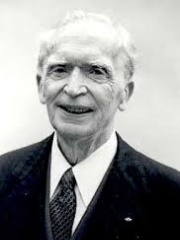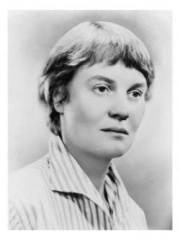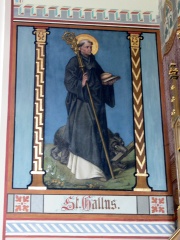Writer
James Joyce
1882 - 1941
EN.WIKIPEDIA PAGE VIEWS (PV)

 James Joyce
James Joyce
His biography is available in 155 different languages on Wikipedia (up from 152 in 2024). James Joyce is the 13th most popular writer (up from 101st in 2024), the most popular biography from Ireland (up from 3rd in 2019) and the most popular Irish Writer.
James Joyce is most famous for his novel Ulysses, which is considered to be one of the most important novels of the 20th century.
Memorability Metrics
Page views of James Joyce by language
Among Writers
Among writers, James Joyce ranks 13 out of 7,302. Before him are Edgar Allan Poe, Hans Christian Andersen, Leo Tolstoy, Franz Kafka, Victor Hugo, and Voltaire. After him are Sophocles, Jules Verne, Virgil, Molière, Miguel de Cervantes, and Jean-Paul Sartre.
Most Popular Writers in Wikipedia
Go to all RankingsEdgar Allan Poe
1809 - 1849
HPI: 90.35
Rank: 7
Hans Christian Andersen
1805 - 1875
HPI: 90.14
Rank: 8
Leo Tolstoy
1828 - 1910
HPI: 89.82
Rank: 9
Franz Kafka
1883 - 1924
HPI: 89.62
Rank: 10
Victor Hugo
1802 - 1885
HPI: 89.52
Rank: 11
Voltaire
1694 - 1778
HPI: 89.44
Rank: 12
James Joyce
1882 - 1941
HPI: 89.38
Rank: 13
Sophocles
497 BC - 406 BC
HPI: 89.32
Rank: 14
Jules Verne
1828 - 1905
HPI: 88.32
Rank: 15
Virgil
70 BC - 19 BC
HPI: 88.05
Rank: 16
Molière
1622 - 1673
HPI: 87.83
Rank: 17
Miguel de Cervantes
1547 - 1616
HPI: 87.60
Rank: 18
Jean-Paul Sartre
1905 - 1980
HPI: 87.31
Rank: 19
Contemporaries
Among people born in 1882, James Joyce ranks 1. After him are Igor Stravinsky, Franklin D. Roosevelt, Virginia Woolf, Gustaf VI Adolf of Sweden, Wilhelm Keitel, Georges Braque, Sigrid Undset, Max Born, Georgi Dimitrov, Ion Antonescu, and Wilhelm, German Crown Prince. Among people deceased in 1941, James Joyce ranks 1. After him are Wilhelm II, German Emperor, Rabindranath Tagore, Henri Bergson, Virginia Woolf, Robert Baden-Powell, 1st Baron Baden-Powell, Alfonso XIII of Spain, Walther Nernst, Emanuel Lasker, Maurice Leblanc, Maximilian Kolbe, and Paul Sabatier.
Others Born in 1882
Go to all RankingsJames Joyce
WRITER
1882 - 1941
HPI: 89.38
Rank: 1
Igor Stravinsky
COMPOSER
1882 - 1971
HPI: 87.34
Rank: 2
Franklin D. Roosevelt
POLITICIAN
1882 - 1945
HPI: 85.92
Rank: 3
Virginia Woolf
WRITER
1882 - 1941
HPI: 81.81
Rank: 4
Gustaf VI Adolf of Sweden
POLITICIAN
1882 - 1973
HPI: 80.48
Rank: 5
Wilhelm Keitel
MILITARY PERSONNEL
1882 - 1946
HPI: 80.29
Rank: 6
Georges Braque
PAINTER
1882 - 1963
HPI: 79.91
Rank: 7
Sigrid Undset
WRITER
1882 - 1949
HPI: 78.56
Rank: 8
Max Born
PHYSICIST
1882 - 1970
HPI: 78.04
Rank: 9
Georgi Dimitrov
POLITICIAN
1882 - 1949
HPI: 77.41
Rank: 10
Ion Antonescu
POLITICIAN
1882 - 1946
HPI: 77.28
Rank: 11
Wilhelm, German Crown Prince
POLITICIAN
1882 - 1951
HPI: 76.73
Rank: 12
Others Deceased in 1941
Go to all RankingsJames Joyce
WRITER
1882 - 1941
HPI: 89.38
Rank: 1
Wilhelm II, German Emperor
POLITICIAN
1859 - 1941
HPI: 88.47
Rank: 2
Rabindranath Tagore
WRITER
1861 - 1941
HPI: 83.47
Rank: 3
Henri Bergson
PHILOSOPHER
1859 - 1941
HPI: 82.22
Rank: 4
Virginia Woolf
WRITER
1882 - 1941
HPI: 81.81
Rank: 5
Robert Baden-Powell, 1st Baron Baden-Powell
MILITARY PERSONNEL
1857 - 1941
HPI: 80.61
Rank: 6
Alfonso XIII of Spain
POLITICIAN
1886 - 1941
HPI: 79.90
Rank: 7
Walther Nernst
CHEMIST
1864 - 1941
HPI: 76.12
Rank: 8
Emanuel Lasker
CHESS PLAYER
1868 - 1941
HPI: 75.53
Rank: 9
Maurice Leblanc
WRITER
1864 - 1941
HPI: 75.04
Rank: 10
Maximilian Kolbe
RELIGIOUS FIGURE
1894 - 1941
HPI: 74.97
Rank: 11
Paul Sabatier
CHEMIST
1854 - 1941
HPI: 74.85
Rank: 12
In Ireland
Among people born in Ireland, James Joyce ranks 1 out of NaN. After him are Oscar Wilde (1854), Richard Harris (1930), George Bernard Shaw (1856), Robert Boyle (1627), Jonathan Swift (1667), Samuel Beckett (1906), George Berkeley (1685), Herbert Kitchener, 1st Earl Kitchener (1850), Mary Harris Jones (1837), John Scotus Eriugena (810), and Sir George Stokes, 1st Baronet (1819).
Others born in Ireland
Go to all RankingsJames Joyce
WRITER
1882 - 1941
HPI: 89.38
Rank: 1
Oscar Wilde
WRITER
1854 - 1900
HPI: 83.95
Rank: 2
Richard Harris
ACTOR
1930 - 2002
HPI: 82.51
Rank: 3
George Bernard Shaw
WRITER
1856 - 1950
HPI: 82.20
Rank: 4
Robert Boyle
CHEMIST
1627 - 1691
HPI: 80.93
Rank: 5
Jonathan Swift
WRITER
1667 - 1745
HPI: 80.20
Rank: 6
Samuel Beckett
WRITER
1906 - 1989
HPI: 79.46
Rank: 7
George Berkeley
PHILOSOPHER
1685 - 1753
HPI: 79.13
Rank: 8
Herbert Kitchener, 1st Earl Kitchener
ENGINEER
1850 - 1916
HPI: 79.10
Rank: 9
Mary Harris Jones
SOCIAL ACTIVIST
1837 - 1930
HPI: 78.47
Rank: 10
John Scotus Eriugena
PHILOSOPHER
810 - 877
HPI: 78.15
Rank: 11
Sir George Stokes, 1st Baronet
MATHEMATICIAN
1819 - 1903
HPI: 77.65
Rank: 12
Among Writers In Ireland
Among writers born in Ireland, James Joyce ranks 1. After him are Oscar Wilde (1854), George Bernard Shaw (1856), Jonathan Swift (1667), Samuel Beckett (1906), Bram Stoker (1847), W. B. Yeats (1865), Augusta, Lady Gregory (1852), Laurence Sterne (1713), Joseph Murphy (1898), Iris Murdoch (1919), and Saint Gall (550).
James Joyce
1882 - 1941
HPI: 89.38
Rank: 1
Oscar Wilde
1854 - 1900
HPI: 83.95
Rank: 2
George Bernard Shaw
1856 - 1950
HPI: 82.20
Rank: 3
Jonathan Swift
1667 - 1745
HPI: 80.20
Rank: 4
Samuel Beckett
1906 - 1989
HPI: 79.46
Rank: 5
Bram Stoker
1847 - 1912
HPI: 75.89
Rank: 6
W. B. Yeats
1865 - 1939
HPI: 73.92
Rank: 7
Augusta, Lady Gregory
1852 - 1932
HPI: 72.21
Rank: 8
Laurence Sterne
1713 - 1768
HPI: 71.11
Rank: 9
Joseph Murphy
1898 - 1981
HPI: 70.78
Rank: 10
Iris Murdoch
1919 - 1999
HPI: 70.25
Rank: 11
Saint Gall
550 - 645
HPI: 66.51
Rank: 12
